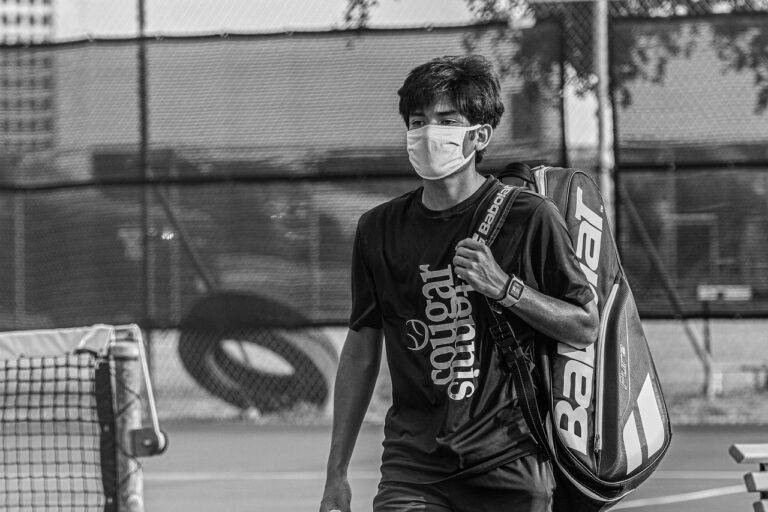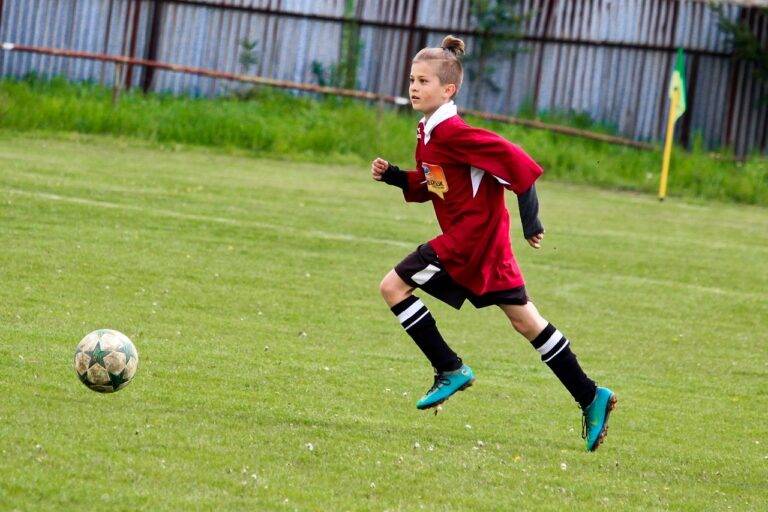Women Empowerment through IPL: Breaking Stereotypes in Sports
Apbook, Apbook:The inclusion of women’s cricket in the Indian Premier League (IPL) has opened up new avenues for female cricketers to showcase their talent on a grand stage. With the introduction of the Women’s T20 Challenge alongside the IPL, fans are now able to witness women athletes compete in high-intensity matches that mirror the excitement of the men’s games.
The exposure provided by the IPL has not only elevated the profile of women’s cricket but has also presented female cricketers with increased opportunities for growth and development. By sharing the platform with some of the best players in the world, women cricketers are honing their skills, gaining valuable experience, and inspiring a new generation of young girls to pursue their passion for cricket without limitations.
Challenges Faced by Women Cricketers in Breaking Stereotypes
Women cricketers face a myriad of challenges in breaking stereotypes within the male-dominated world of cricket. Despite their exceptional talent and dedication to the sport, they often encounter unequal treatment and limited opportunities compared to their male counterparts. The prevailing stereotype that cricket is a game meant only for men reinforces barriers for women in accessing resources, recognition, and support needed to thrive in the sport.
Breaking these ingrained stereotypes requires women cricketers to consistently demonstrate their skills and worth on the field, often facing skepticism and prejudice along the way. The lack of visibility and investment in women’s cricket further perpetuates the misconception that women are not as capable or competitive in the sport. Overcoming these challenges necessitates a shift in societal perceptions and a collective effort to provide equal opportunities and representation for women cricketers in the cricketing landscape.
• Limited opportunities compared to male counterparts
• Unequal treatment in terms of resources and recognition
• Prevailing stereotype that cricket is only for men reinforces barriers
• Need to consistently demonstrate skills and worth on the field
• Lack of visibility and investment in women’s cricket perpetuates misconceptions
Impact of Women’s Participation in IPL on Gender Equality
The inclusion of women cricketers in the IPL has undoubtedly brought about a much-needed shift in gender dynamics within the sport. By showcasing their talent on the same platform as their male counterparts, these women are challenging traditional beliefs about the role of women in cricket and in society as a whole. This not only empowers the players themselves but also serves as a powerful message to spectators and aspiring athletes that gender should not limit one’s opportunities in sports.
Moreover, the visibility and recognition gained by women cricketers in the IPL are contributing to a broader conversation about gender equality in the realm of sports. As more and more people witness the skill and passion that female cricketers bring to the field, stereotypes and biases are being shattered. This increased representation and respect for women in cricket are not only vital for the progress of the sport but also for the overall promotion of gender equality in Indian society.
Why is the inclusion of women in IPL important for gender equality?
The inclusion of women in IPL helps to break gender stereotypes and provides equal opportunities for women in the field of cricket.
What are some challenges faced by women cricketers in breaking stereotypes?
Women cricketers often face challenges such as lack of support, unequal pay, and limited opportunities compared to their male counterparts.
How has the rise of women’s cricket in IPL impacted gender equality?
The rise of women’s cricket in IPL has helped to create more visibility and recognition for women in sports, leading to a more gender-equal playing field.
What can be done to further promote gender equality in cricket and sports in general?
To promote gender equality in cricket and sports, it is important to provide equal opportunities, support, and resources for women athletes, as well as challenge traditional gender norms and stereotypes.







